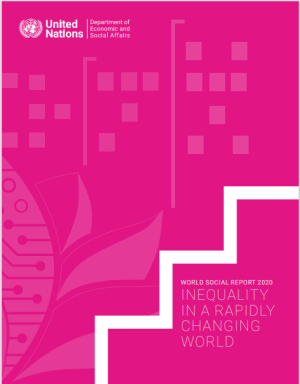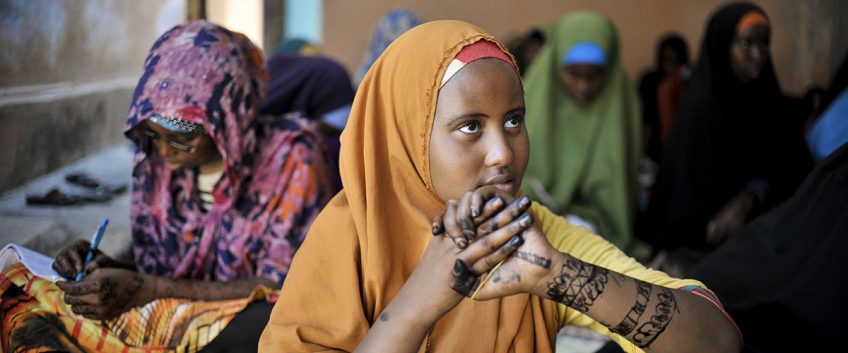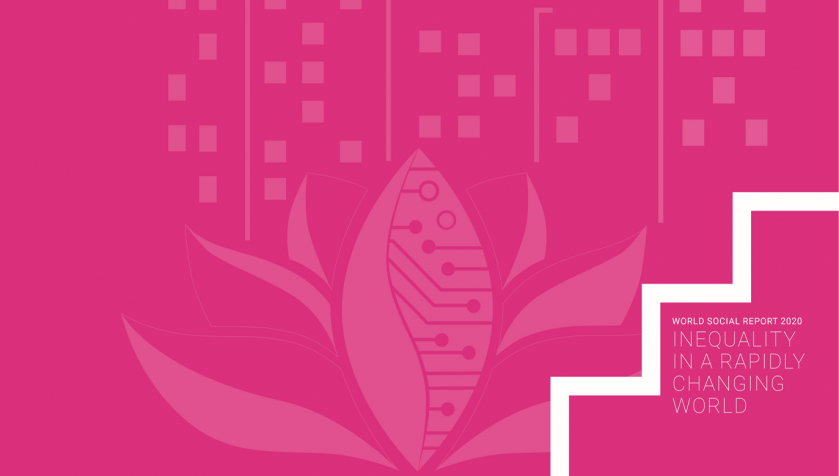The challenge of inequality in a rapidly changing world
The World Social Report 2020 examines the impact of four such megatrends on inequality: technological innovation, climate change, urbanization and international migration. Technological change can be an engine of economic growth, offering new possibilities in health care, education, communication and productivity. But it can also exacerbate wage inequality and displace workers. The accelerating winds of climate change are being unleashed around the world, but the poorest countries and groups are suffering most, especially those trying to eke out a living in rural areas. Urbanization offers unmatched opportunities, yet cities find abject poverty and opulent wealth in close proximity, making gaping and increasing levels of inequality all the more glaring. International migration allows millions of people to seek new opportunities and can help reduce global disparities, but only if it occurs under orderly and safe conditions.
Whether these mega-trends are harnessed to encourage a more equitable and sustainable world, or allowed to exacerbate disparities and divisions, will largely determine the shape of our common future.
![]()
Executive Summary of the Report
![]()
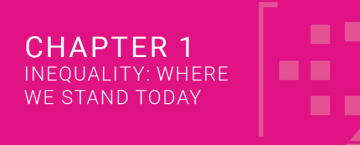
Chapter 1:
Inequality: Where We Stand Today
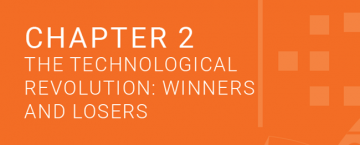
Chapter 2:
The Technological Revolution: Winners and Losers
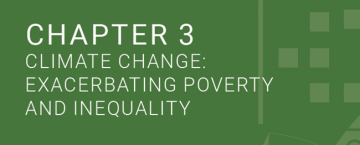
Chapter 3:
Climate Change: Exacerbating Poverty and Inequality

Chapter 4:
Urbanization: Expanding Opportunities but Deeper Divides
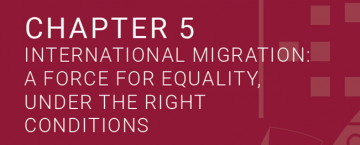
Chapter 5:
International Migration: A Force for Equality, under the Right Conditions
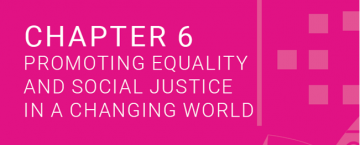
Chapter 6:
Promoting Equality and Social Justice in a Changing World
![]()
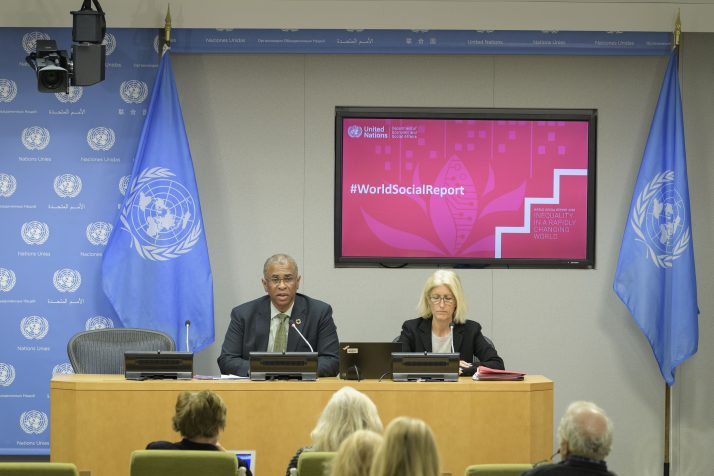
Press Conference on Launch of 2020 World Social Report, 21 January 2020
Mr. Elliot Harris (left), UN Chief Economist and Assistant Secretary-General for Economic Development, briefs reporters on the launch of the 2020 World Social Report. With him is Ms. Marta Roig, Chief of Emerging Trends and Issues of the Department of Economic and Social Affairs (DESA).
![]()
![]()
 Welcome to the United Nations
Welcome to the United Nations
